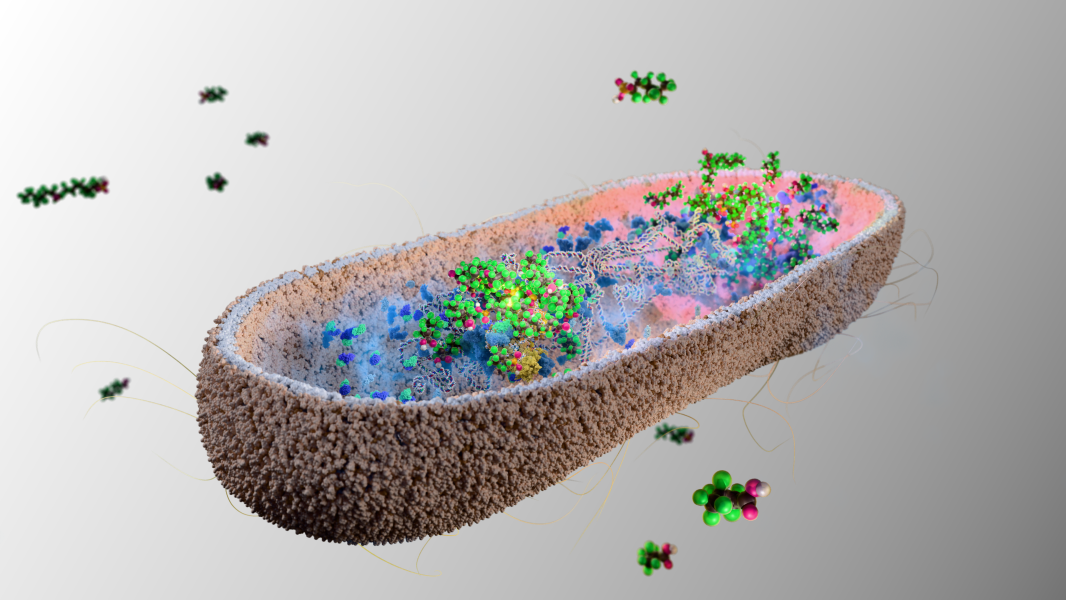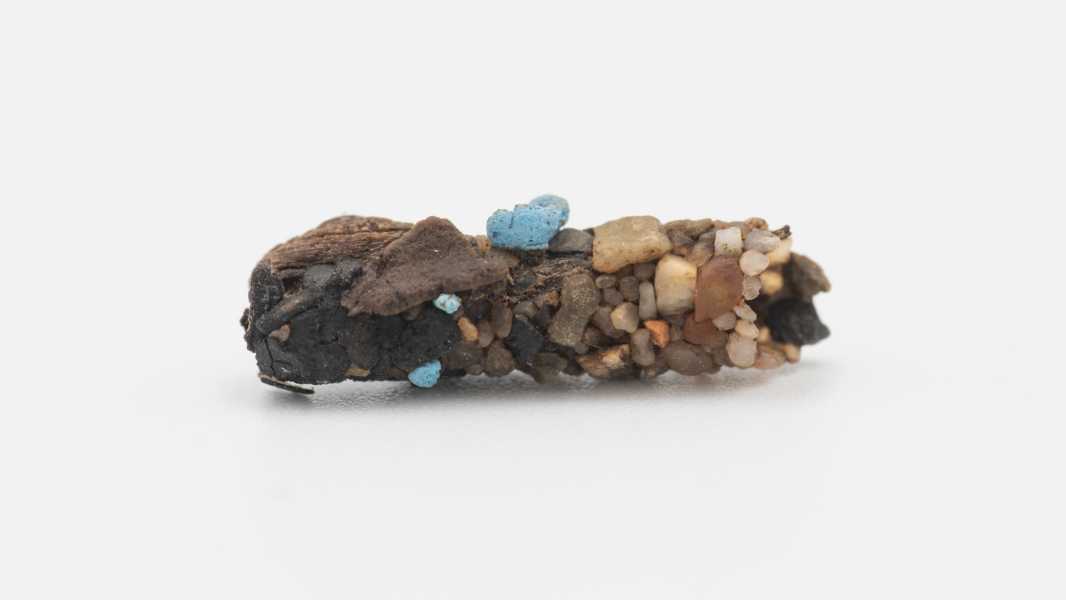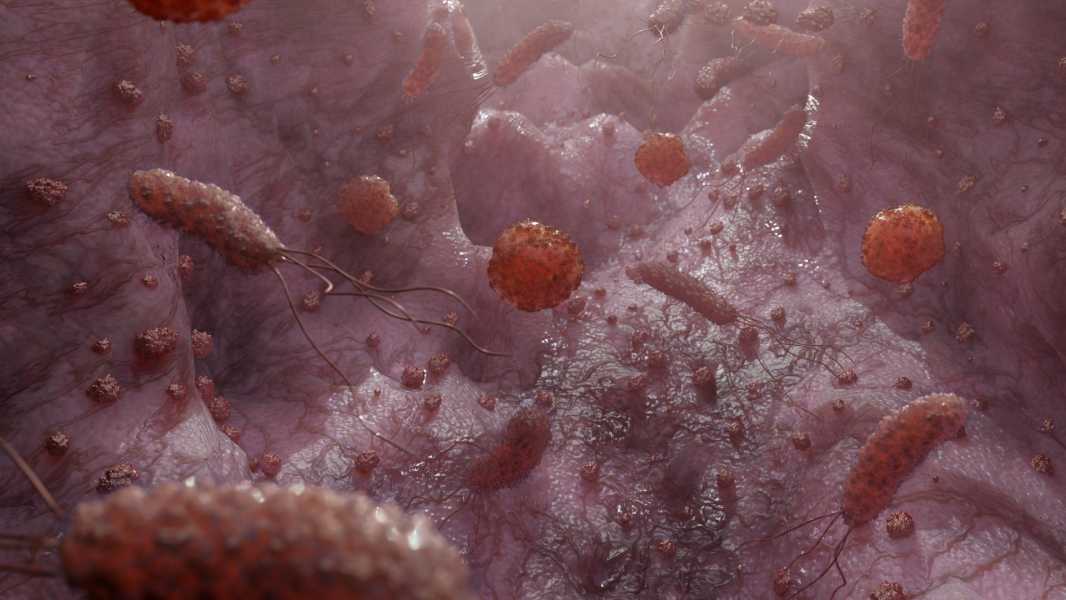
A new study has found that some gut bacteria can absorb PFAS. (Photo credit: Peter Northrop/MRC Toxicology Unit)
Scientists have discovered gut bacteria that can absorb toxic “forever chemicals” in lab mice, which could provide a way to control PFAS levels in humans, according to new data.
PFAS, or perfluoroalkyl and polyfluoroalkyl compounds, are synthetic chemicals used in a variety of products, from non-stick pans to cosmetics. These substances are often called “forever chemicals” because they have strong chemical bonds that are difficult to break down in the environment and often persist for thousands of years. As a result, these chemicals pose a serious threat to both the environment and human health.
Our drinking water and agricultural systems are already heavily contaminated with PFAS, and because some of these chemicals can be absorbed through the skin and into the bloodstream, it is impossible to avoid them. Scientists are still learning more about the health effects of PFAS exposure, but it has been linked to a number of potentially dangerous effects, including an increased risk of certain cancers and damage to our immune systems.
You may like
-

Microplastics have been found in 'clean rivers' for half a century – what could this mean for human health?
-

'A Truly Miracle': Common Gut Microbe Shows Potential for Fatty Liver Disease Treatment
Sourse: www.livescience.com





